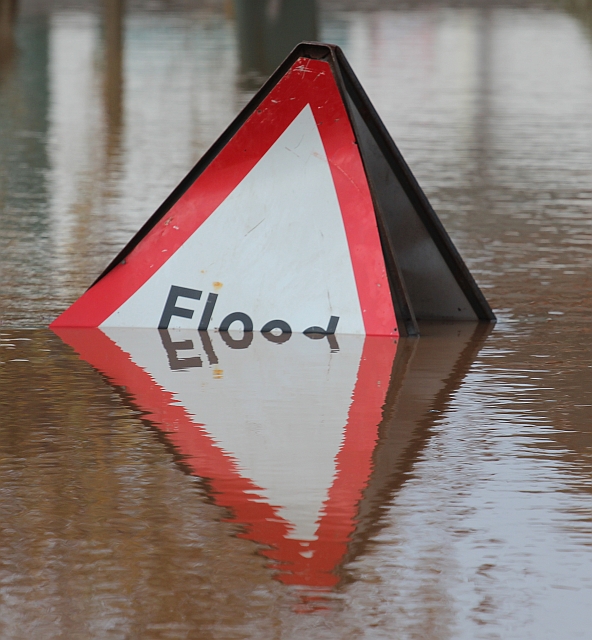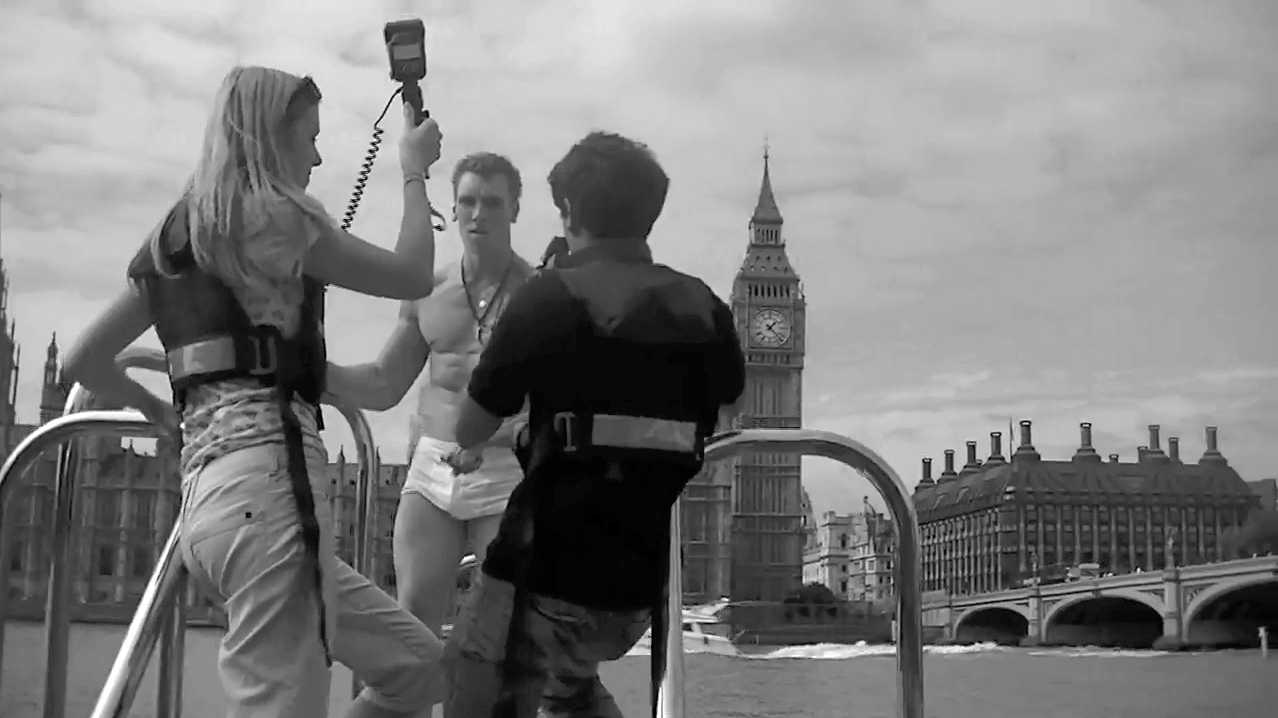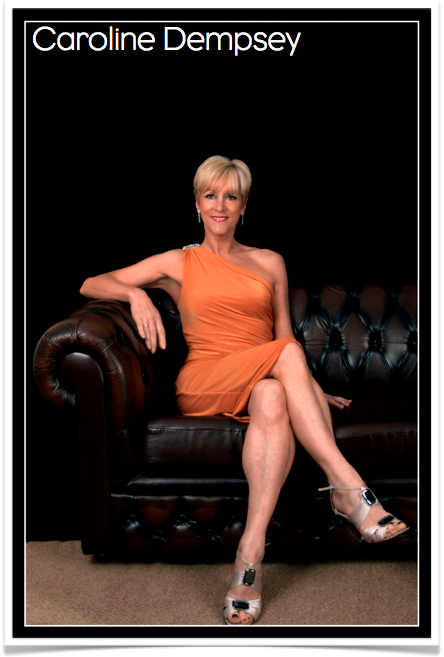
Within my work, I meet the most wonderful, open, honest, people. At the end of the day, all most human beings want is to be held, loved, to feel safe and to be part of a relationship. That relationship can mean with others, or a wonderful life journey with oneself. At some point, we embark on learning about ourselves and others and for this self-development, we often look for a helping hand from a friend or loved one. I am privileged to have been contacted by a beautiful man who is on a journey to re-discover his connection with intimacy; with himself and with his partner, whom he loves very much indeed. Together we’ll carefully explore, until making honouring and delicious love with his wife becomes the norm once again.
His first step wasn’t easy, though and he has very kindly written his story to share here:
“Lacking confidence, self esteem, not wanting to make a fool of myself, not to let myself or others down, I guess these are the feelings I have. This could cover a multitude of things, but for me at this moment in time, it’s sex.
It’s not a recent thing either. It’s been building, I guess, for the past few years. But, after a lot of soul searching, I thought it was time I did something about it; for myself and for my relationship. The hardest part is admitting to one’s self that there is something wrong. After that, it’s trying to fathom what the best way is to tackle it. I did quite a bit of surfing the net, seeing if there were others out there that may be in the same boat, trying to see if there was somebody out there who could help.
I’m a T5 paraplegic (paralysed from the chest down). Had my accident in the mid 80’s and now I’m in my mid 40’s. I’m pretty active and fit, have a good job and a wonderful family. Really, things are pretty good, my partner and I are very close. We have been through a lot in the 10-plus years we’ve been together and are stronger as a couple for it. The only downside is our love life, and now for fear of losing so much, I’ve decided to act.
I had my accident just at the time I was beginning to find out all about girls, so that initially set me back. Although I had had some sexual experience, it was certainly very limited. However, I wasn’t a bad looking lad, had a bit of a gift of the gab and so had my fair share of girlfriends in my late teens and early 20s. I was very sexual and enjoyed every part of lovemaking and my girlfriends also seemed to enjoy it as well. During these early relationships I wasn’t bothered that I didn’t climax and it never seemed to be an issue to others either. Although I was told at the spinal unit that there’d be no problem with me having kids, I didn’t think I would ever climax and wasn’t sure what feeling I was looking for and what to expect. Prior to my accident I masturbated quite a lot, so I knew the plumbing had worked at some point. I had tried masturbating a few times in the early years after my accident, but don’t think I ever got close.
This all changed one Saturday morning with a girl who’d I’d been dating for quite a few months. We were having a nice time, messing about as you do. I’d asked her to climb on me, I was just lying flat on the bed, but this time she faced away from me, straddling me. I’m not sure why, but for some reason this seemed to really hit my spot, a feeling I’d not had before. I think the fact that we were both relaxed yet very aroused also helped. Anyway, I did manage to climax, though to be honest, I wasn’t completely sure!! I can just remember an unbelievable surge through my body, lightness in my head and then a feeling of total bliss, almost as if a great weight had been lifted from me. I felt so relaxed, it was amazing.
This now was the problem, because I had experienced this, I wanted it more. However, it soon became apparent that it wasn’t going to work every time, and although frustrating, not the end of the world. We tried a few positions and the one that worked best for me at the time was me lying on the bed with my feet on the floor, my backside just on the edge of the bed, then my partner standing over me, with her back to me. This had the greatest success, but by no means 100%.
My next girlfriend is now my current partner. In the early years of our relationship we had a very active sex life. I do remember her asking me quite early in our relationship specifically ‘can you have children,’ to which I replied ‘yes’. We also adopted this position for me and again occasionally I would climax. After a couple of years we decided to try for a family, and this is where I feel my current situation manifested itself.
As is normal now, nature takes over so it’s all a case of timing. I now had the added pressure of ‘performing’ on cue. Typically, with the added pressure and all that goes with it, more usual than not I wouldn’t reach orgasm. There’s the usual ‘oh, it doesn’t matter, hopefully next time,’ but of course this doesn’t help things, and I became more frustrated and basically stopped enjoying any of the process. There it is, ‘process,’ that’s what lovemaking had become!
So, after a couple of years trying naturally, we went down the route of IVF. At first all seemed ok, although I had to have sperm surgically removed, which isn’t a great issue, but it would have been nice to have been able to do it ‘myself’ so to speak. We had eggs fertilised, placed back to where they should be, all looked very good but they never would ‘stick’ there. We had all sorts of tests, but to no avail. Nobody knew why we weren’t conceiving, which probably was the hardest fact. Again, this went on for a couple of years. Physically and emotionally it is destroying, but we came through it and as a couple were much stronger for it. I know a lot of couples who have not made it through this process, but I feel very proud that we have.
Still wanting a family, we decided to look at adoption. Again, it’s another process, more bureaucratic this time, but still a long process. There’s a lot of questions asked, some very personal, including ‘how’s your sex life?’ to which we replied ‘perfect!’ We both knew this was a lie, but I guess that’s what people do, it’s hard to admit. However, the outcome for us has been fantastic and we feel we have the perfect family!
During all this time though our sex life began to dwindle. For me there seemed no enjoyment. I felt as if I had that passion, drive, beaten out of me, and I didn’t feel anything coming back the other way either. We kiss and cuddle, hold each other, but at the moment that’s as far as it goes. We occasionally speak to each other about it, but it doesn’t come up very often and we seem to soon move off the subject.
During the IVF it was suggested I bought a ‘penile vibrator’ by Ferticare, specifically produced to assist spinal injured guys to climax. So I did. Unlike some other sex toys, this looks very medical, even the colour of it makes it look like a piece of medical equipment, rather than something you’d want to use in the bedroom. Because of this, I have never used it with anybody else, it has always been when I’m on my own, and when I first had it, it was just used to ‘clear the pipes’ so to speak. It was never sexual, just a piece of equipment I used. However, it did do what it was meant to do, but again, it’s far from 100% and it can take quite a while. For years it sat in the back of a draw and was never used; I had no urge to use it. I’m not sure what changed, maybe I was feeling a little aroused, may be even bored at home alone one evening about 18 months ago, but I decided to get it out.
Well, it may have been because it had been a while, it didn’t take me long, but I achieved an orgasm, and I must admit it was a fantastic feeling. It still didn’t feel particularly sexual, almost dirty as if I shouldn’t have done it, but there was certainly that release that I had felt the first time I had climaxed all those years back. After that I began to use it more often, only when I got the chance and was on my own and knew I wouldn’t be interrupted. I guess it was about once a month, may be twice. The more I used it, the more sexual it became, the more I enjoyed it. However, I didn’t always climax and sometimes it took a long time if I did manage to. When I didn’t, I felt quite low and I remember how I felt before when I didn’t perform ‘on cue’. I get so close, but can’t quite get over the top. I feel as if there’s another ‘button’ to press, something that would just make it happen that little bit easier. I know that until I can find that, I can’t see me using this vibrator with my partner. When I do orgasm, it is so body evoking, so explosive that I want to share this, I want her to see me enjoy it for what it should be. I know my climaxing isn’t the be all and end all and there is more to it, but I just want to have the confidence that if we do go that far, I get the outcome that I want, and I know she would want it to.
What I really want is to be able to is to climax during lovemaking; is it too much to ask? Right now I want to find that elusive position, the special technique that will allow this, but in a loving, passionate, lustful way with my partner. I want to share that moment I climax with her. Is this the quest for my ‘Holy Grail?’
As I said at the beginning, I want to find my confidence again, confidence in myself, my ability to turn my partner on. I know that I can’t go in all guns blazing, it’s been too long. But I also don’t want to go in all ‘fingers and thumbs’ and put her off and go into this whole cycle again. I know this will divide opinion, but I feel as if I can approach this as I did when I trained for sport. I had a coach that would help me, make me better, help my technique, show me what to do, pass on their experience, allow me to practice, to take what I had and give me the best opportunity of fulfilling my goal.
So, after much deliberation, I decided to make contact with somebody who I hoped would be able to help me. I wasn’t too hopeful, mainly because I wasn’t sure what I wanted, or if indeed it was something I could find help for. Again, I did as much research and reading as I could and I eventually summoned the courage to contact Caroline Dempsey. She let me have her email address so I could write down my concerns, feelings and what I would dearly like to happen, and to see if she thought she could help me. So I did, I think it’s easier to write down those initial feelings, and sent it off to her.
Soon I’d got a reply and it was with great relief when I read what she’d written. She was so very understanding and I immediately felt as if she understood my predicament, and suggested that she could indeed offer to help me.
So, we met for a coffee and I was able to explain more, it was nice to be able to talk to somebody. My feeling from the email was enhanced, and after some initial nervousness and trepidation, I now feel as if I have found somebody to help me. It is still very early, we have only met once and exchanged further emails, but I am hoping that there will be a successful outcome. My greatest feeling is that she understands what I want and is willing to help me, and it is this that has helped me get over the feeling of guilt that I should even be doing this, but I feel as if I had to, for me, my partner and my family.
I hope soon to be able to bring you the next episode on this journey of discovery and I would dearly like to think that I can help others out there in a similar situation and I also look forward to hearing from other people and how they have tackled such issues, as I do believe I’m not a lone voice.”











